Home » CNC Machining Materials: Metals and Plastics » PVC: Custom PVC CNC Machining Material Supplier in China
Custom PVC CNC Machining Services in China
Machining Durable, Cost-Effective, and Chemically Resistant Components for Industrial Applications.
- ISO 9001 Certified
- Superior Chemical & Corrosion Resistance
- Type I & II Grades

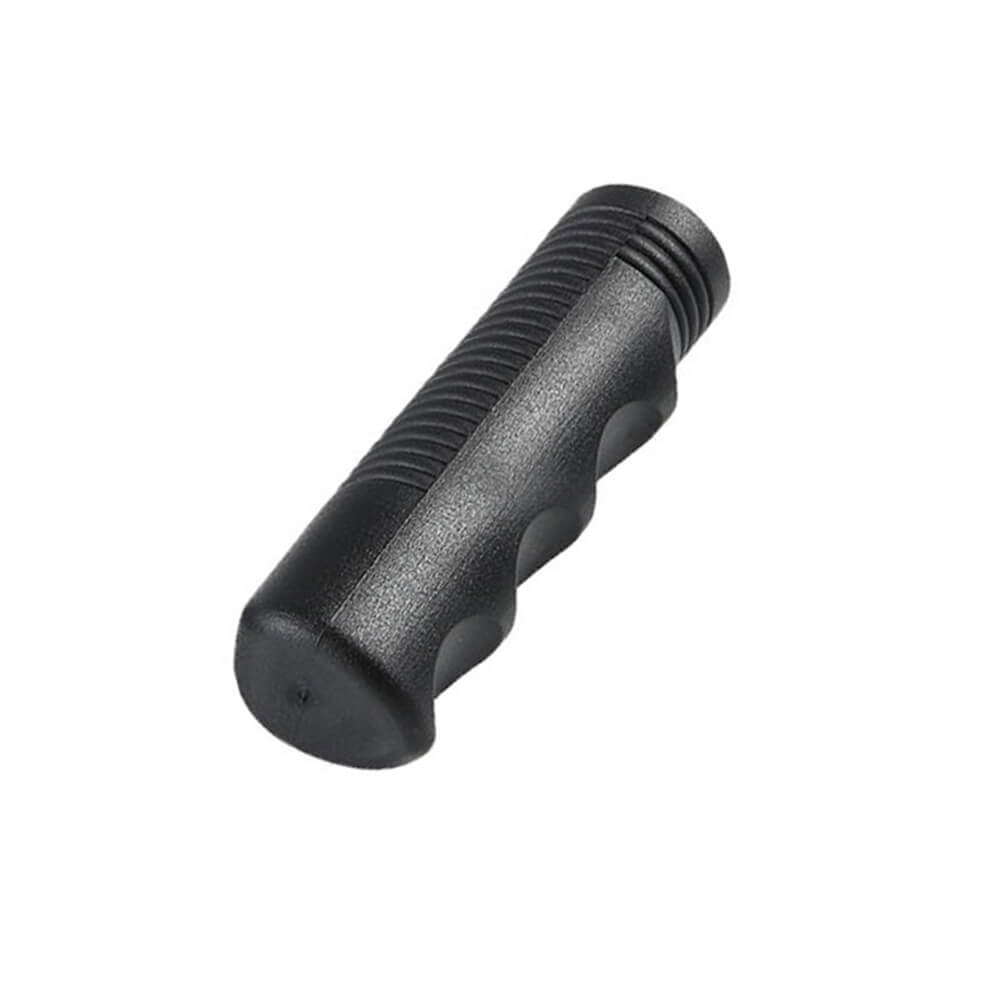
Your Expert Partner for PVC Machining
Celerity Precision is a leading manufacturing partner in China for the custom CNC machining of PVC (Polyvinyl Chloride). PVC is a highly versatile and cost-effective thermoplastic, renowned for its outstanding resistance to a broad range of chemicals, acids, and alkalis, as well as its excellent resistance to moisture. It is a rigid, durable, and inherently flame-retardant material, making it a top choice for a vast array of industrial applications, from chemical processing and storage components to electrical insulators and construction materials. Machining PVC requires specific knowledge to manage its thermal sensitivity and the corrosive nature of its dust. Our facility is expertly configured to machine PVC safely and precisely, delivering parts that are built to withstand the harshest chemical environments.
Why Choose PVC for Your Machined Parts?
PVC is a go-to material for any application where chemical and corrosion resistance is the number one priority. As one of the most widely produced plastics, it offers this high level of performance at a very economical price point. It is a rigid, strong material that is easy to fabricate and bond, allowing for the creation of large, complex assemblies like tanks and manifolds. At Celerity Precision, we utilize specialized tooling and effective dust and fume extraction systems to machine PVC. We have perfected our techniques to achieve excellent dimensional accuracy and a smooth surface finish on this incredibly versatile industrial plastic.
Outstanding Chemical Resistance
One of the most chemically resistant plastics, inert to most acids, bases, salts, and oils.
Excellent Corrosion & Moisture Resistance
Does not absorb water and will not rot, rust, or corrode.
High Strength & Durability
A strong, stiff, and impact-resistant material suitable for structural components.
Cost-Effective
Offers a very high level of performance and durability for a relatively low material cost.
Inherent Flame Retardancy
Naturally self-extinguishing and has excellent fire safety ratings (UL94 V-0).
Excellent Electrical Insulator
A reliable insulating material used for electrical enclosures, busbar supports, and insulators.
PVC Type I (Rigid PVC)
This is the most common grade for machining. It offers the highest rigidity, strength, and chemical resistance. It is an excellent, versatile material for a huge range of industrial applications. It is typically available in gray or white.
| Tensile Strength, Yield (MPa) | 52 MPa |
| Elongation at Break (%) | 50% |
| Hardness (Shore D) | 80 |
| Density (g/cm³) | 1.40 |
PVC Type II (High Impact)
This grade has an impact modifier added to it, which gives it significantly higher toughness and resistance to cracking, especially at low temperatures. This comes with a slight reduction in chemical resistance and operating temperature.
Surface Finishing Options for PVC
PVC’s chemical resistance makes it difficult to finish with paint, but it is excellent for fabrication.
As Machined
This is the most common and typically the final finish. PVC machines to a very clean, smooth, semi-gloss surface.
Pros and Cons of PVC CNC Machining
Pros
- Ultimate Chemical & Corrosion Resistance: The number one reason for its use in industrial and fluid handling applications.
- Excellent Value: A low-cost material that delivers a very high level of durability and performance.
- Easy to Fabricate and Assemble: Can be easily bonded and welded to create large, complex, leak-proof assemblies.
- Fire Safe: Naturally flame retardant, making it a safe choice for electrical and construction applications.
Cons
- Low Temperature Resistance: Has a relatively low continuous service temperature (around 60°C / 140°F). For higher temperatures, CPVC is required.
- Poor UV Resistance: Not suitable for long-term outdoor use unless it is a specific UV-stabilized grade, as it can become brittle.
- Heavy Weight for a Plastic: It is one of the denser plastics, heavier than PP, PE, or ABS.
- Machining Challenges: The dust and fumes generated when machining PVC are corrosive to machinery and require specialized handling and extraction systems.
Applications of CNC Machined PVC Parts
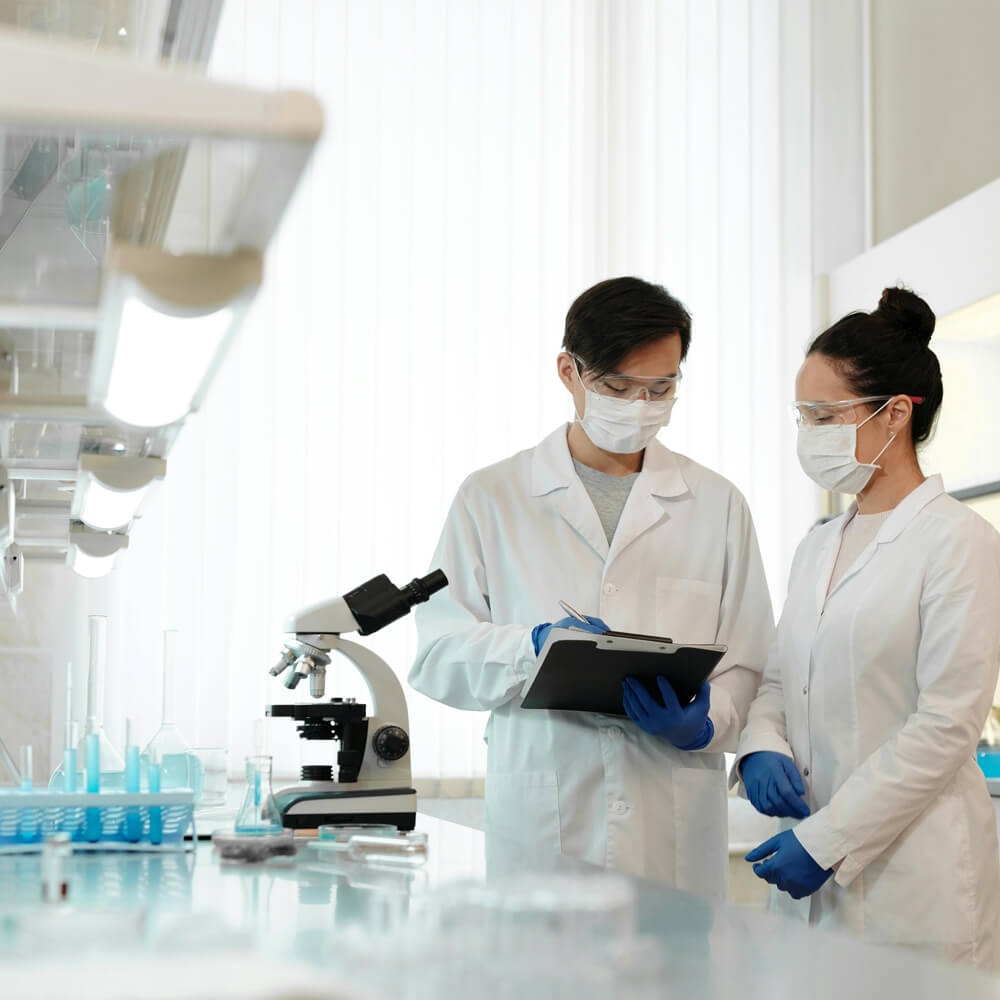
Chemical Processing & Storage
Tanks, liners, valve bodies, manifolds, and pump housings.
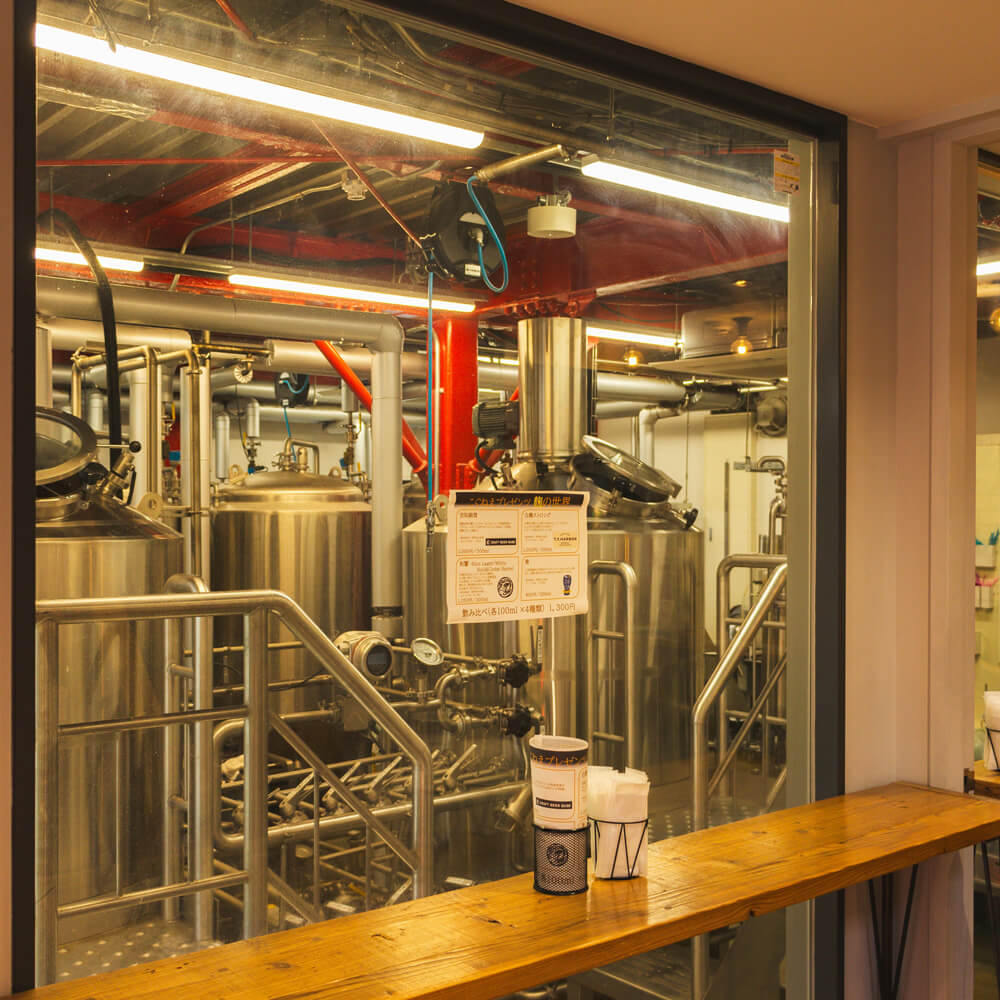
Water Treatment
Piping, fittings, and components for water and wastewater systems.

Electrical Engineering
Electrical enclosures, insulators, battery holders, and busbar supports.
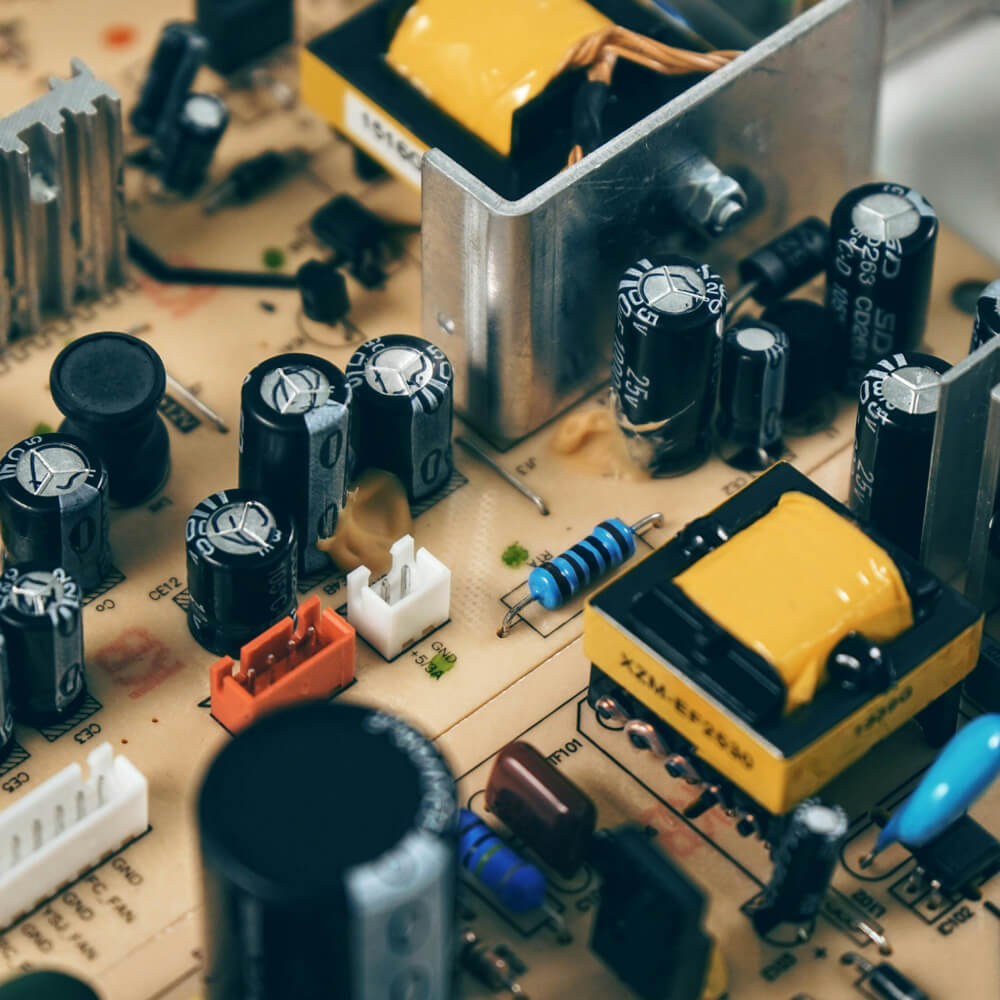
Semiconductor
Components for wet benches and other equipment that uses aggressive chemicals.
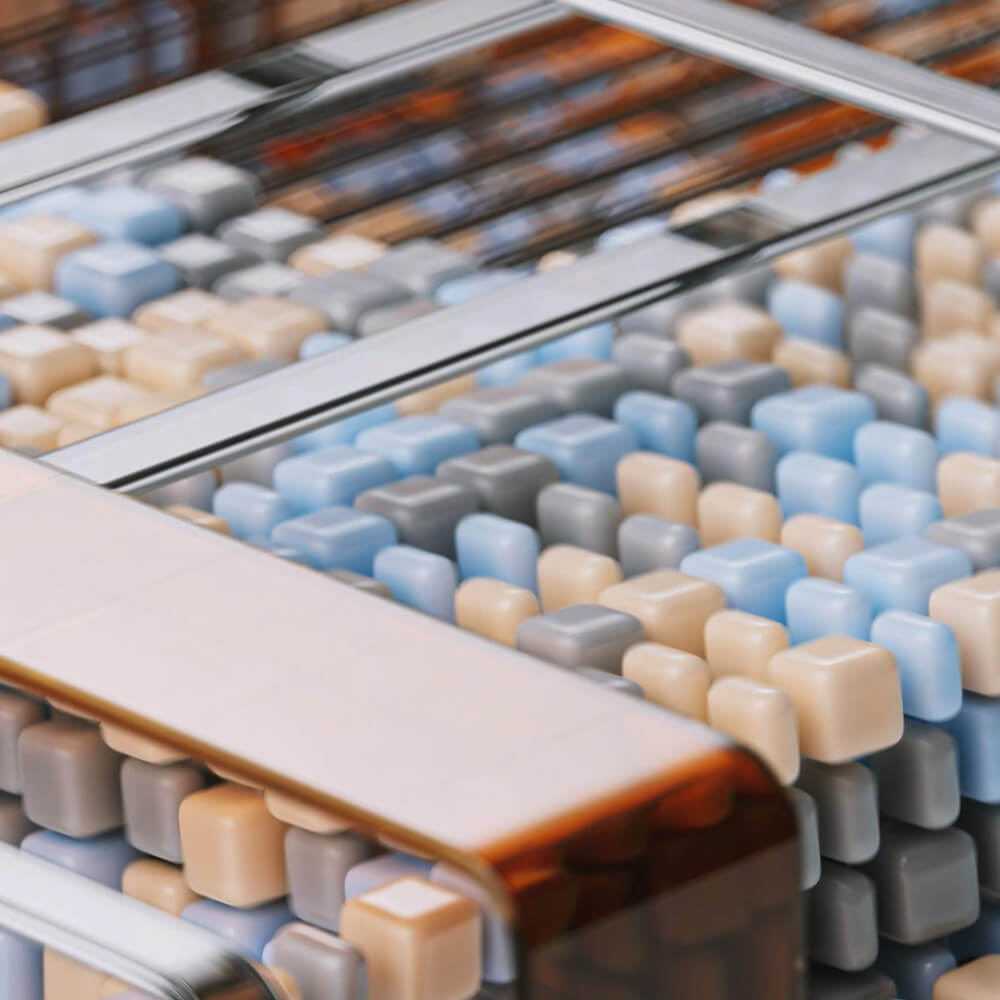
Construction
Custom fittings, decorative trim, and structural components.
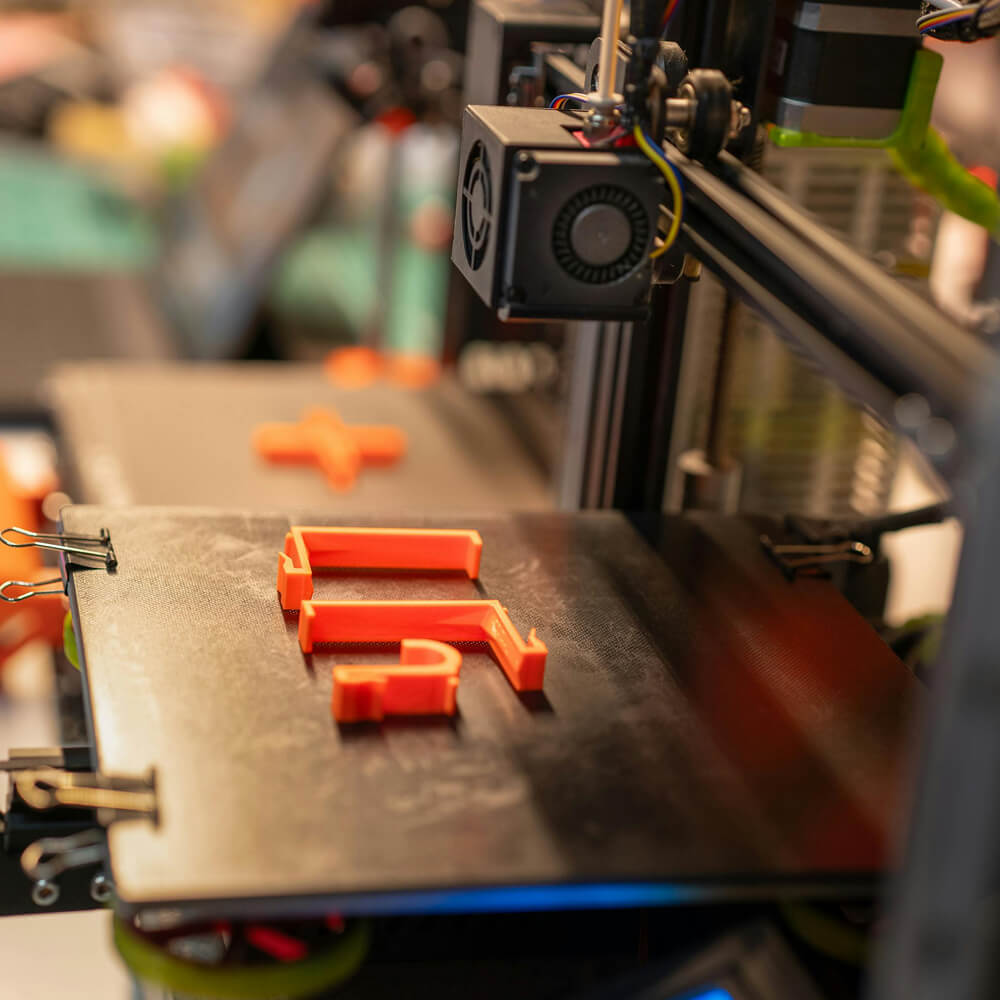
Prototyping
Creating durable, functional prototypes for fluidic systems and industrial hardware.
PVC Machining FAQ
What is the main difference between PVC and CPVC?
CPVC (Chlorinated Polyvinyl Chloride) has a significantly higher heat deflection temperature than standard PVC, allowing it to be used in hot fluid applications where PVC would soften and fail.
Why is PVC so popular for piping and fittings?
Because it is cost-effective, durable, completely resistant to corrosion from water and common chemicals, and can be easily and permanently joined with solvent cement.
Is PVC a safe material to machine?
It is safe when handled with the proper equipment. The dust can be an irritant, and overheating the material can release corrosive hydrogen chloride gas. Celerity Precision uses powerful vacuum extraction and proper cooling to machine PVC safely and efficiently.
Can PVC be used outdoors?
Standard gray PVC has poor UV resistance and is not recommended for long-term outdoor use where it is exposed to direct sunlight. Specific UV-stabilized grades are available for these applications.
How do you join PVC parts?
The most common and effective method is solvent cementing. A primer cleans and softens the surfaces, and a solvent cement chemically welds the two pieces together, creating a strong, leak-proof bond in minutes.
Is PVC a strong material?
Yes, it is a very strong and rigid plastic with good tensile and impact strength, making it suitable for many structural and pressure-rated applications.
What colors is PVC available in?
The most common stock colors for industrial PVC sheet and rod are dark gray and white.
Is PVC food safe?
While PVC is used for some types of food wrap, the rigid PVC used for machining is generally not considered food-grade due to the presence of plasticizers and stabilizers. Specific FDA-compliant grades must be sourced for food contact applications.
